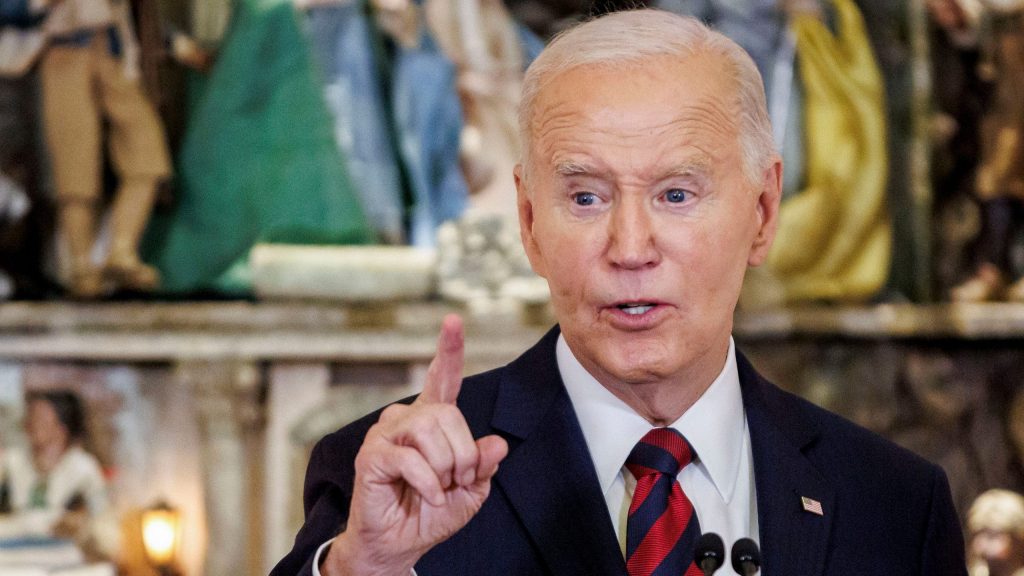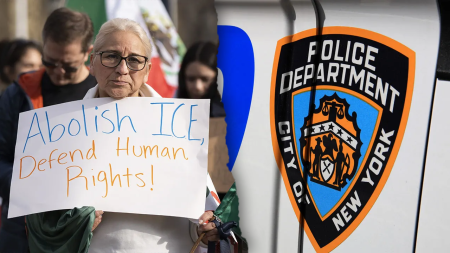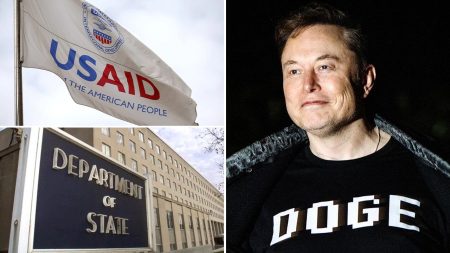President Biden’s unprecedented act of clemency, encompassing nearly 1,500 commutations and 39 pardons, signifies a pivotal moment in his presidency and in the broader conversation surrounding criminal justice reform. This single-day grant of clemency surpasses any comparable action by recent predecessors at this stage of their first terms, underscoring the administration’s commitment to addressing what it perceives as systemic inequities within the justice system. The commutations primarily focus on individuals placed on home confinement during the COVID-19 pandemic, demonstrating a recognition of the unique challenges faced by inmates during that period and the potential for successful reintegration into society. This approach reflects a belief in rehabilitation and second chances, emphasizing the importance of supporting individuals who have demonstrated a commitment to positive change.
The selection criteria for the commutations highlight the administration’s focus on individuals who have successfully reintegrated into their families and communities. This emphasis suggests a move away from purely punitive measures towards a more restorative approach, prioritizing the positive contributions formerly incarcerated individuals can make to society. By granting clemency to those who have demonstrated a commitment to rebuilding their lives, the administration aims to break the cycle of recidivism and promote a more just and equitable system. This focus on reintegration aligns with broader criminal justice reform efforts that seek to reduce incarceration rates and address the root causes of crime.
The 39 pardons granted by President Biden further underscore the administration’s focus on non-violent offenses. The individuals pardoned were convicted of crimes that did not involve violence, reflecting a belief that excessive punishment for non-violent offenses can be counterproductive and detrimental to both individuals and communities. This approach resonates with ongoing debates about the proportionality of sentencing and the need for alternatives to incarceration for non-violent crimes. By granting pardons in these cases, the administration aims to mitigate the long-term consequences of past convictions and provide individuals with a clean slate to pursue opportunities for personal and professional growth.
However, this historic act of clemency arrives amidst ongoing scrutiny surrounding the president’s decision to pardon his son, Hunter Biden, on felony gun and tax charges. This pardon has sparked bipartisan criticism, with some arguing that it represents a conflict of interest and undermines the administration’s efforts to promote fairness and impartiality within the justice system. Critics contend that the pardon creates a perception of preferential treatment, raising concerns about the potential for political influence in clemency decisions. This controversy adds a layer of complexity to the broader clemency initiative, potentially overshadowing the positive impact of the commutations and pardons granted to other individuals.
The timing of the clemency announcement, coinciding with the controversy surrounding Hunter Biden’s pardon, inevitably raises questions about the administration’s motivations. While the White House maintains that the clemency grants are part of a broader commitment to criminal justice reform, the confluence of these events inevitably fuels speculation about the political calculations involved. Some observers suggest that the mass clemency announcement may be an attempt to deflect attention from the Hunter Biden pardon, while others see it as a genuine effort to address systemic issues within the justice system. Ultimately, the impact of this clemency initiative will be judged not only on its scale but also on its perceived fairness and impartiality.
The long-term implications of President Biden’s clemency initiative remain to be seen. While the commutations and pardons offer a second chance for nearly 1,500 individuals, the success of this approach will depend on the continued support and resources provided to those reintegrating into society. Furthermore, the ongoing debate surrounding the Hunter Biden pardon underscores the need for greater transparency and accountability in clemency decisions to ensure public trust in the justice system. Ultimately, the legacy of this historic act of clemency will be shaped by its impact on individual lives, its contribution to broader criminal justice reform efforts, and its ability to foster a more just and equitable society.










